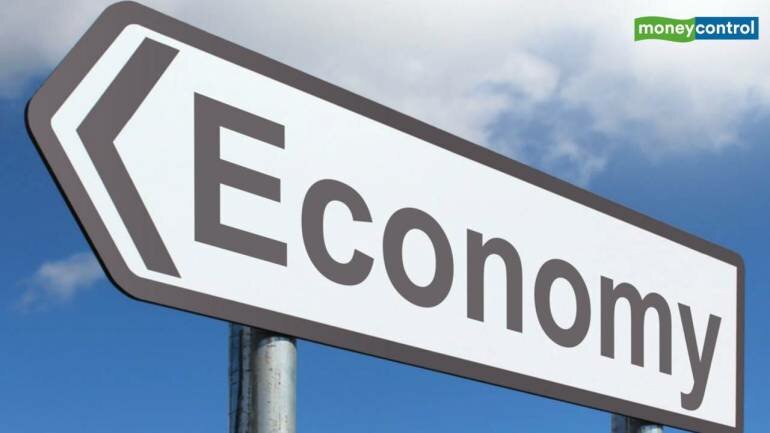Protectionist Trade Policies

economists review traditional arguments in favor of free trade in light of new theories and evidence.Explaying why countries non-theless adopt protection,the authors emphasize societal theories focusing on the distributional effects of trade policy and the incentives for specific groups to seek governmentally imposed trade restrictions.
They concentrate on developments in international economy have examined the consequences of international trade in markets where there are market imperfections.
In other hands the empirical evidence is clear –cut .the costs of protectionist trade policies far exceed benefits. but here we should focus on losses too.
The losses suffered by consumers exceed the gains reaped by domestic producers and government.
The gains from international trade result from the reallocation of production resources toward goods that can be produced less costly at home than abroad and the exchange of some of these goods for goods that can be produced at less cost abroad than at home.
In the other hand, while protectionist trade policies may offset monopoly power overseas use domestic monopoly power, trade restriction tend to reduce the competition faced by domestic producers.
As we know the costs of protectionist trade policies far exceed the benefits. The main reason for these costly protectionist policies relies on a public choice argument.
The desire to influence trade policy arises from the fact that trade policy changes benefit some groups while naturally harming others.
Adverse consumer effects of protectionist trade policies are not short-lived. Also, interest group pressures from industries experiencing difficulty and general appeal of a "level playing field"combine to make the reduction of trade barriers specially difficult at the present time in the United States.
The Rise of Free Trade in Western Europe
Charles Kindberger is an economic historian and he analyzed the historical and social process of free trade in western Europe after 1850. The main point of this article is that political or social activity by entrepreneurs cannot explain the rapid expansion of free trade in Europe after 1850.
Despite writers realistic approach, he challenges political rules of states in this essay. kindleberger emphasizes that free trade in many cases arose as an individual entrepreneur pressured governments to lift the restriction on international trade.
Institutions and Economic growth
Douglas North is a Nobel-Prize winning economist .in this article he explains the role of political institutions on economic growth.in his historical approach he concentrates on this main point that how institutions impacts on economic growth.
He believes that institutions comprise both sets of formal and informal norms of behavior.
institutions are rules and norms of behaviors that structure repeated human interactions. we can imagine this definition in the international political economy too.
Institutions effects on economic exchanges and shapes economic rights and constitutions. North tells us some examples of the role of institutions on economic growth. In England, the rise of parliament was a huge and important mutation .before that, the king was able to do what he wanted on the base of his recognition .but the rise of parliament beginning in 16th century constrained and limited the power of the king.
Impacts of this constriction were so clear. Decreasing of king s power finally leading to more secure rights to property and a relatively efficient market economy. the UK is the best case study that asserts us how economy influenced by political institutions.
Changing of each rule or approach connected to mankind s property changes international economy directly.
But in Spain story was in contrast witch UK.in Spain king became so powerful and effective. the king augmented his power and created a large bureaucracy with impended economic growth.in the case of Spain king and queen became so strange but economic growth stopped and even lagged.
Here we can realize two kinds of political impacts on economic growth so directly .the divergent paths of institutional development in Europe were replicated in the British and Spanish empires witch important long-term consequences for growth in the north and south America.
The Political Economy of Nontariff Barriers
In recent years, one of the most persistent sources of debate among both economy and trade political scientists has centered on the relative merits of societal and statist explanations of the foreign economic policy.
Mansfield and Busch believe that their founding lend support for the societal argument that macroeconomic fluctuations contribute to demands for protection, which are in turn central determinants of trade policy.
Nontariff barriers(NTB s) have emerged as one of the primary impediments to international trade. As tariff was negotiated away over the successive rounds of the general agreement on tariffs and trade, previous NTB s were exposed and new NTB was created to insulate uncompetitive industries from the consequences of liberalization.
The authors synthesize domestic societal and domestic institutional arguments and find that NTBs are most pervasive when deteriorating macroeconomic conditions prompt industries to make new demands for protection when countries are sufficiently large to give policymakers incentives to impose protection.
Mansfield and Busch concentrate that while factors emphasized by societal approaches are strongly related to cross national patterns of NTBs, factors highlighted by statist approaches also are centrally important in this regard.
But the main point of essay is that tariffs are strongly related to the incidents of NTBs and these form of protections are substitutes. This finding is consistent with the low of constant protection.
This essay and finding suggest the possibility that many of the tariff reductions made by GATT may not have had the intended effect of reducing protection. Instead, these cuts seem to have produced a countervailing increase in the incident.
